
It is a strategy that relies on recommendations and opinions of individuals to transfer information about products or services from one person to another. This type of marketing enhances trust and reliability among individuals.
Characteristics:
1. Unpaid: It does not require payment for recommendations.
2. Natural: Information is exchanged spontaneously and unartificially.
3. Strong influence: Individual recommendations are often more persuasive than paid advertising.
4. Rapid spread: The news can spread widely among individuals.
Benefits:
1. Higher trust: People recommend it to their friends and family, which enhances trust.
2. Low cost: It does not require a large expenditure.
3. Real interaction: It enhances the relationship between the brand and customers.
4. Long-term impact: Recommendations can permanently influence purchasing decisions.
Features:
1. Effectiveness: It can be more influential than paid advertising campaigns.
2. Real experience: It is based on real experiences of existing customers.
3. Natural spread: The news can spread quickly among people.
4. Low cost: It does not require a large budget.
Disadvantages:
1. Lack of control: Messages cannot be controlled or how they are conveyed.
2. Negative impact: Rumors or negative comments can spread.
3. Difficulty in measuring: The effectiveness of word-of-mouth marketing is difficult to accurately measure.
4. Limited impact: It may be limited to a small scale without additional effort.
Examples of companies:
- Arab companies:
- Bin Issa Group: Relies on customer recommendations to increase sales.
- Al Tazaj Restaurants: Benefit from word-of-mouth recommendations to attract new customers.
- Foreign companies:
- Apple: Benefit from user recommendations for its products.
- Tesla: Relies on word-of-mouth recommendations to increase the popularity of its electric cars.
Word-of-mouth marketing relies on recommendations and personal experiences to convey information about products or services. Although it has great benefits in terms of trust and low cost, it lacks control and direction, and can have negative effects if not managed well.

26/08/2024

18/08/2024
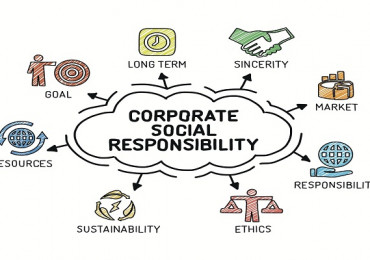
30/08/2024

01/09/2024

18/08/2024
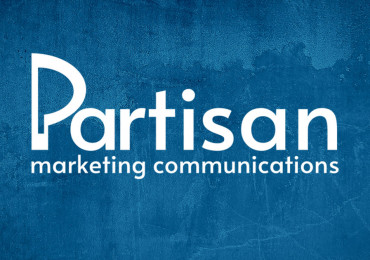
26/08/2024

14/08/2024

31/08/2024
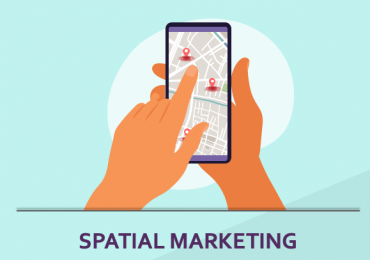
01/09/2024
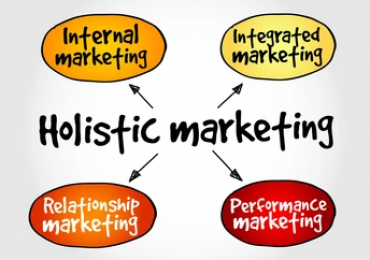
18/08/2024

23/08/2024
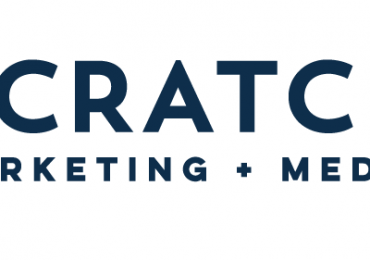
31/08/2024

17/08/2024
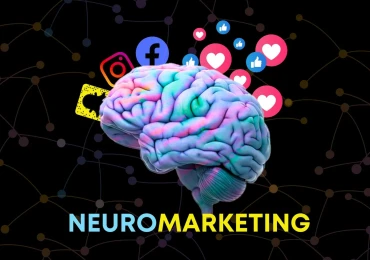
15/08/2024

14/08/2024

31/08/2024

26/08/2024
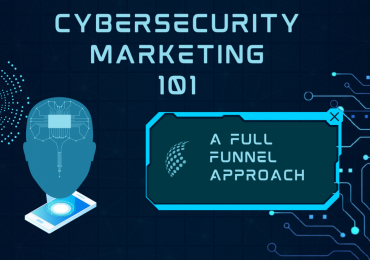
01/09/2024

28/08/2024
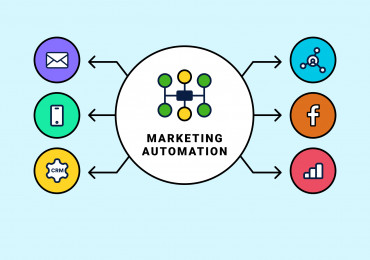
26/08/2024